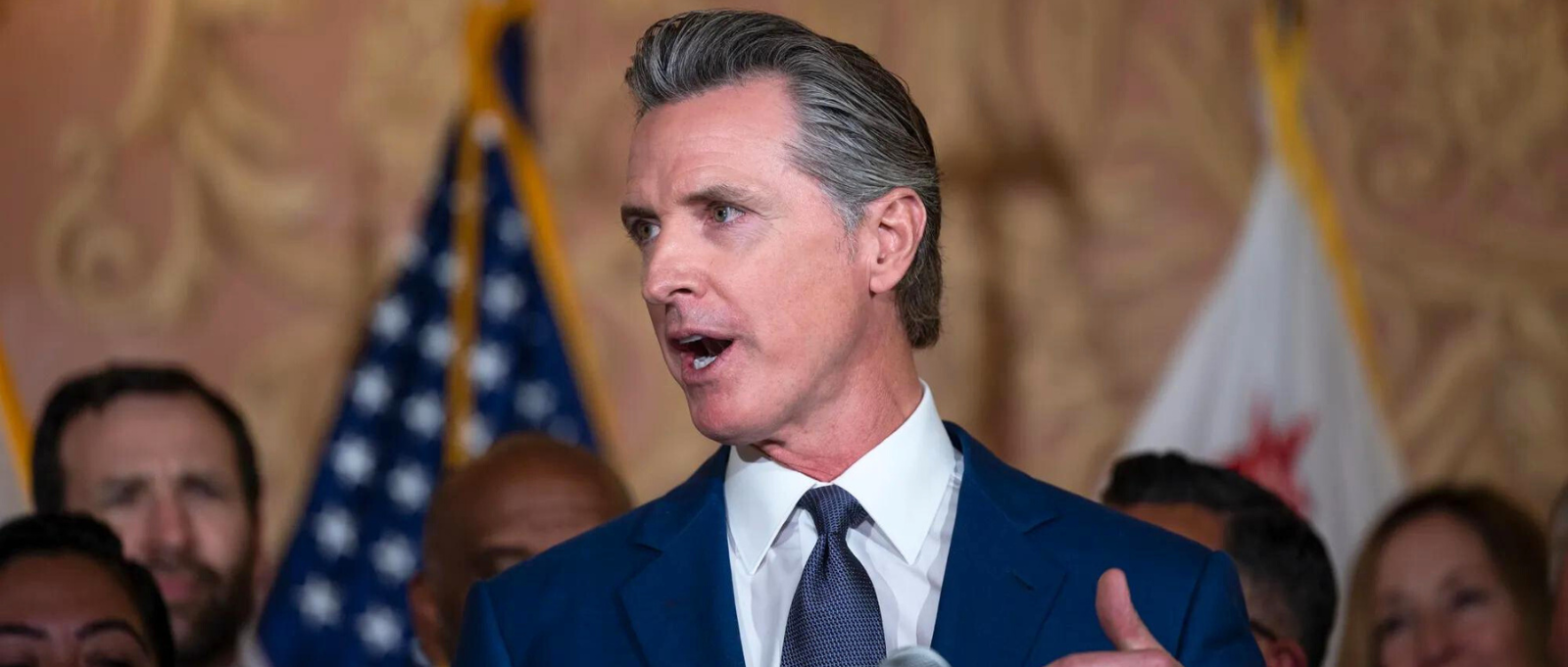September 29, 2024
The two year legislative session, which concluded on August 31, saw Assemblymembers and Senators introduce a total of 4,821 bills. While the subject matter of the bills covered issues big and small across a broad spectrum, some of the highest profile topics included artificial intelligence, social media impacts, oil and gas production, reparations for past discrimination, retail theft, housing, and climate.
Adopting the state budget also occupied major attention as the Legislature and Governor worked to close a deficit of more than $30 billion. A significant amount of time was devoted to deciding on measures to place on the November ballot, including a climate bond—Proposition 4—and a constitutional amendment to lower the voter approval threshold for local infrastructure and housing bonds, Proposition 5.
With the end of September comes a close to the time period within which Governor Gavin Newsom must sign or veto bills sent to him by the Legislature at the end of the legislative session, or allow them to become law without his signature. This year, the Governor received 991 bills to consider with a number of bills of interest to CivicWell among them, including the following:
- SB 59 by Senator Skinner would authorize the State Air Resources Board (CARB), in consultation with the California Energy Commission (CEC) and the California Public Utilities Commission (CPUC), to require bidirectional capability on any weight class EV upon specified findings. The bill has been signed by the Governor.
- SB 450 by Senator Atkins would provide clean up amendments to SB 9 from 2021 for ministerial approval of a duplex in a single family zone or a lot split in a residential zone. The bill has been signed by the Governor.
- SB 951 by Senator Wiener would clarify the bases for appeal to the Coastal Commission of the approval of development projects and require local governments in the coastal zone to update local coastal programs in the same time frame as apply to the Housing Element. The bill has been signed by the Governor.
- SB 1037 by Senator Wiener would provide specific penalties in actions brought by the Attorney General regarding Housing Elements or project approvals. The bill has been signed by the Governor.
- SB 1140 by Senator Caballero would simplify the process for formation of an Enhanced Infrastructure Financing District (EIFD) or a Climate Resilience District (CRD) and would add air quality as an eligible project category for CRDs. The bill has been signed by the Governor.
- AB 1820 by Assemblymember Schiavo would require a local government to provide an estimate of fees and exaction costs within 10 business days of the submission of a preliminary application for a housing project. The bill has been signed by the Governor.
- AB 1886 by Assemblymember Alvarez would require approval of a Housing Element by the Department of Housing and Community Development (HCD) or a court to be compliant for purposes of the Housing Accountability Act (HAA). The bill has been signed by the Governor.
- AB 1893 by Assemblymember Wicks would modify the affordability, density, and definition of “objective standards” applicable to the “Builder’s Remedy” for housing projects. The bill has been signed by the Governor.
- AB 2243 by Assemblymember Wicks would provide clean up amendments to AB 2011 from 2022. The bill has been signed by the Governor.
- AB 2427 by Assemblymember McCarty would require local governments to develop the process and information for permitting curbside charging for EVs. The bill has been signed by the Governor.
- AB 2553 by Assemblymember Friedman would revise the definition of “major transit stop” to specify locations where 20 minute service intervals occur, rather than 15 minute service intervals, and amend the fee mitigation act to provide that housing projects within one-half mile of a major transit stop be considered for reduced impact fees. The bill has been signed by the Governor.
- AB 2684 by Assemblymember Bryan would require local governments to include a component on extreme heat in the safety element of their General Plans after January 1, 2024 and update the component at specified intervals. The bill is awaiting action by the Governor.
- AB 3012 by Assemblymember Grayson would require local governments to have an online fee estimate tool to calculate fees and exactions for proposed housing developments. The bill has been signed by the Governor.
- AB 3068 by Assemblymember Haney would streamline office-to-housing adaptive reuse and provide financial incentives for conversions. The bill has been vetoed by the Governor.
- AB 3122 by Assemblymember Kalra would modify the conditions under which a local government can apply “objective standards” to a housing project proposed under SB 423 from 2023. The bill has been signed by the Governor.
- AB 3177 by Assemblymember Wendy Carrillo would prohibit local governments from requiring land dedications from housing projects for traffic mitigation in high transit areas. The bill has been signed by the Governor.
- AB 3264 by Assemblymember Petrie-Norris which would direct the CPUC, in consultation with the CEC, the California Infrastructure and Economic Development Bank (I-Bank), and the Independent System Operator (IS0), to report to the Governor and Legislature by July 1, 2025 on ways to reduce electricity costs to ratepayers, among other things. The bill has been signed by the Governor.
CivicWell supported all the above bills except AB 3264, on which we took no position. We are pleased to see the bills which will benefit local governments and the public signed into law.





